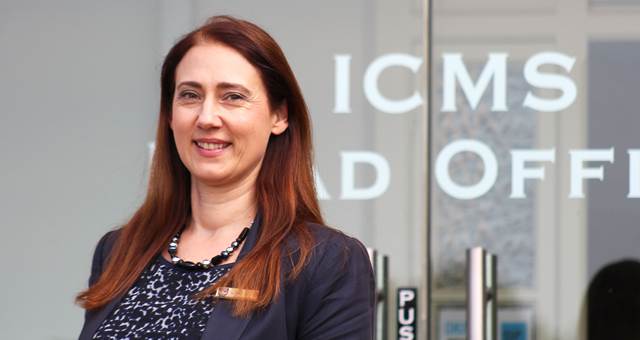
ICC Sydney chief executive officer and Business Events Council of Australia (BECA) deputy chair, Geoff Donaghy, reflects on the challenges of the past year and shares his optimism for the solutions.
Surpassing a year and a half into the COVID-19 crisis, it is timely to reflect on the business events industry’s response to the global pandemic, as well as consider our approach to any future disruptions.
For many organisations in this dynamic industry, the past year has put to the test crisis management and business continuity responses in every sense, from operational to communication and advocacy perspectives.
An unprecedented threat
As an industry, business events has been one of the quiet achievers of the Australian economy – growing at around six percent annually since 2014, directly contributing over $35 billion in economic activity in 2019 and employing over 229,000 people across a range of sectors and trades.
It was one of the first hit and will be one of the last to recover from the effects of the pandemic. The Business Events Council of Australia (BECA) recognised the severe impacts of the crisis early. What transpired after restrictions were announced, although expected and unavoidable, was devastating nonetheless as most business events (96 percent) scheduled for 2020 were cancelled or postponed. The loss of which came at a significant cost – not only financial, but social as well as over 92,000 industry jobs were lost between the end of 2019 and 30 June 2020 alone.
Advocacy and consultancy activated
Working with the Government on an urgent strategy to sustain the industry and drive recovery from the crisis has been imperative and consultation with the industry was key. Industry association and stakeholder perspectives were canvassed to accurately communicate the needs through to each appropriate tier of government.
BECA’s Business Events Recovery and Rebound Framework highlighted our industry’s contribution to the overall economy, challenges faced and the gaps that were not alleviated or solved by existing stimulus and support measures and longer term sustainability solutions.
Though not every advocacy initiative cut through, as can be the case when lobbying governments for complex changes, there were a number of successes along the road to recovery, including:
- The Commonwealth’s $50 million funding announcement to support the restart of Australia’s business events industry.
- Exemptions for business events and venues in recognition of stringent and safe operational plans.
- Advocacy across multiple Australian states resulted in state specific funding programs which included provisions for business events, such as the NSW Government’s announcement of $530 million to turbocharge the local visitor economy.
- Inclusion of business events in the Australian Government’s JobSeeker program, although not continuing for long enough, did provide much needed financial support for those in the sector.
Health and safety paramount
Domestic business events organisations have built a sound reputation for stringent health and safety standards. Though perhaps never before has our success hinged so heavily on our processes in this regard. The industry as a whole re-evaluated its protocols, from hygiene measures, contactless solutions to check in processes – the entire patron journey was reviewed through a risk mitigation lens and a legacy of enhanced measures will be here for some time.
Phased approach to recovery proving accurate
BECA identified two distinct phases of ‘recovery’ and ‘rebound’. In Australia, high vaccination levels have helped us emerge from the Delta outbreak and we are now stepping through the ‘recovery’ phase. Focussing on the domestic situation, here we maintain our industry’s capacity, build local confidence and demand for business events, and develop industry strategies and practices for the future market.
The ‘rebound’ phase will focus on activating regional and global markets and a more significant return to normal levels for international business events is anticipated from the second half of 2022.
In this evolved world of business events, we are expecting to see a surge in demand driven by a renewed premium on in-person contact, the demand for knowledge exchange and experiences and we have already seen green shoots appearing here.
- This story first appeared in Spice magazine’s Summer 2021 issue – read it here and subscribe here.




